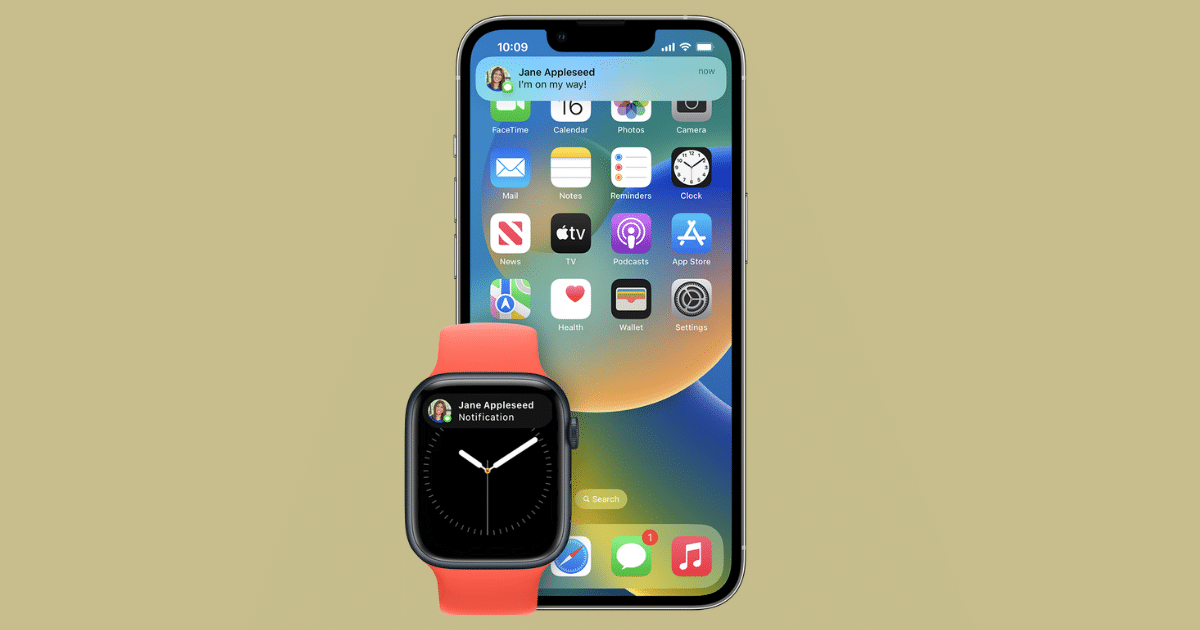A recent revelation has exposed a potential threat to Apple’s iPhone and Google’s Android users: foreign governments may be exploiting push notifications to collect user data. This revelation adds to a growing list of instances where governments, law enforcement, and the FBI have pressured tech giants to share user data.
Senator Ron Wyden’s office is leading the charge for transparency, demanding that tech giants Apple and Google shed light on how they handle push notification data and address the implications for user privacy. This call for transparency is crucial to ensuring that users are aware of the potential risks associated with push notifications and to holding both Apple and Google accountable for safeguarding user privacy.

Before delving into the specifics of push notification surveillance, a glance back at history reveals a disturbing trend of governments pressuring tech giants like Apple and Google for user data. In 2015–2016, the infamous Apple-FBI encryption dispute saw the FBI demand access to a San Bernardino attacker’s iPhone, sparking a national debate about balancing encryption with national security and individual privacy.
Similarly, in 2020, Apple reportedly faced pressure from the FBI to abandon end-to-end encryption for iCloud backups, potentially leaving user data vulnerable. Furthermore, both Apple and Google regularly receive data requests from law enforcement, often accompanied by gag orders that silence them about disclosing user information. In 2020 alone, Google received over 39,000 such requests, highlighting the vast scope of government data collection.
The 2013 PRISM program revelation further exposed the NSA’s extensive surveillance, directly collecting data from major tech companies, including Apple and Google. This incident raised alarming concerns about mass surveillance and privacy erosion.
Additionally, Google’s involvement in Project Maven, which used AI for military drone targeting, faced ethical backlash, prompting discussions about responsible AI development and potential misuse by governments. Finally, Apple’s 2019 location data controversy highlighted the need for transparency and user control over personal data, after the company admitted to storing location information even when disabled.
These past instances demonstrate a persistent pattern of government pressure for user data, highlighting the crucial historical context needed to understand the gravity of the current push notification surveillance concerns.
Senator demands transparency on government surveillance and push notifications from Apple and Google
The specific types of metadata that authorities request from Apple can vary depending on the circumstances. However, some common types of metadata include:
- Account information: This may include the user’s name, email address, physical address, phone number, and IP address.
- Device information: This may include the type of device the user is using, the operating system version, the device’s unique identifier (IMEI or UDID), and the device’s location.
- App usage data: This may include the apps that the user has installed on their device, the date and time the user accessed the app, and the app’s version number.
- Network activity data: This may include the websites that the user has visited, the date and time the user accessed the website, and the user’s IP address.
- Location data: This may include the user’s GPS coordinates, cell tower information, and Wi-Fi access points.
As for push notifications, they may seem harmless, but these alerts do not directly originate from the app. Instead, they pass through the servers of Apple and Google, creating a vulnerability for potential government surveillance. As intermediaries in this process, these companies possess sensitive information, including metadata about the app, the timing of the notification, and the associated user account. In some cases, even unencrypted content could be exposed, raising concerns about the potential for foreign governments to access private messages.
This means that governments, law enforcement, and other similar agencies can request push notification data from tech giants. Although the content of the notifications themselves remains unseen, this information alone can paint a detailed picture of an individual’s online activity and communication patterns. By analyzing the metadata associated with push notifications, authorities can gain valuable insights into a user’s app usage, notification timing, and the associated phone account, effectively constructing a comprehensive timeline of their digital interactions.
Senator Wyden’s investigation revealed that both Apple and Google have received demands from foreign governments seeking push notification records. However, the companies claim they are unable to publicly disclose this information due to government restrictions. While Apple asserts that federal regulations prohibit transparency, both companies expressed a commitment to informing users about data requests upon Senator Wyden’s intervention.
“In this case, the federal government prohibited us from sharing any information,” the company [Apple] said in a statement. “Now that this method has become public we are updating our transparency reporting to detail these kinds of requests.”
[…]
Google said that it shared Wyden’s “commitment to keeping users informed about these requests.”

Senator Wyden is urging the Department of Justice to lift the restrictions on Apple and Google, allowing them to disclose information about demands for push notification data. He emphasizes the need for transparency, advocating for tech giants to inform the public about such requests and publish aggregate statistics unless prohibited by a court order. Additionally, he proposes notifying individual users directly about any requests for their data, empowering them with knowledge about potential government surveillance, and aligning with existing practices for other types of data requests.
(via Reuters)
Read more: